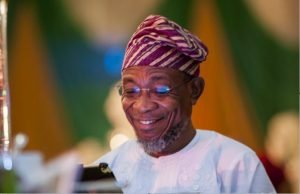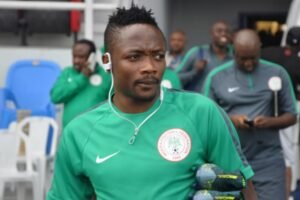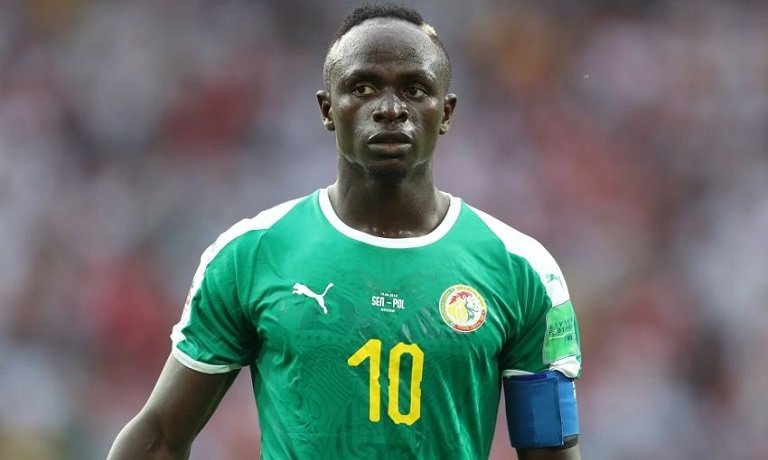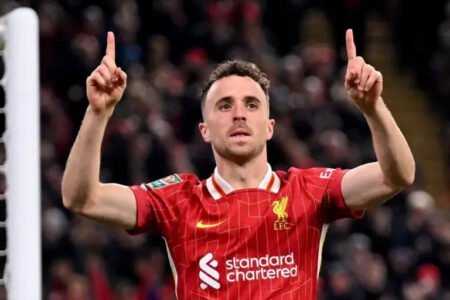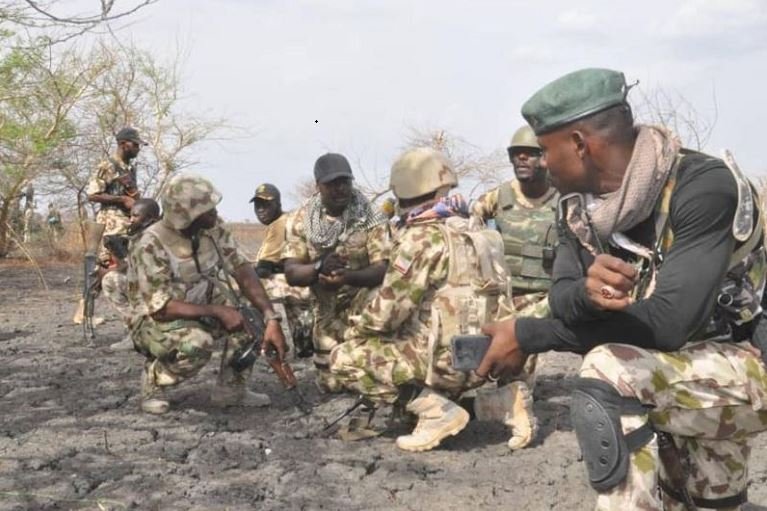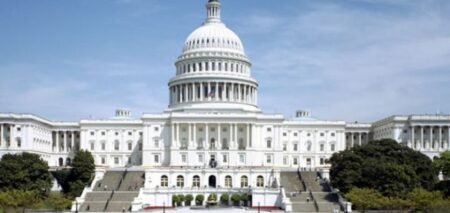An event last week is nudging me back to a subject I have avoided for a long time in my sports discourse: Nigerian football.
The Teranga Lions quietly created history last week in Lisbon, Portugal. The world has been in a state of awe and shock, stunned by the transformation of the Senegalese national football team. The team that struggled to hold the lowly Squirrels of Benin Republic to a 1-1 draw in Cotonou became giant conquerors a few days later, last Tuesday.
I have not read many analysts do a forensic analysis of the friendly match of the Lions against the Samba Boys of Brazil that took place in Lisbon. It is as if there is a conspiracy of silence by the media. One of the strongest national teams in the world, the current third-ranked by FIFA, and the country that plays with great consistency and has the best football records in history, Brazil, were taken to the cleaners by Senegal.
Only Nigeria in Africa has ever done what comes closest to Senegal’s feat. At the semi-finals of the 1996 Olympic Games football event, the Eagles came from two goals down to win the pulsating match in extra time by three goals to two. Last week, the Senegalese bettered that, although in a friendly encounter that only a very few spectators saw. The final scores were 4-2.
Senegal inflicted damage on Brazil’s reputation and records. They handed the Samba Boys a humbling defeat, surprisingly creating only ripples (not waves) across the football landscape, the ensuing ‘silence’ speaking more loudly than the resounding victory.
In Nigeria, the news of the victory hardly rose above a whisper. It was as if Nigerians were avoiding the subject. The Nigerian media were either in paralysing shock or did not want to be reminded about how badly their own national teams have been performing for over a decade. The Super Eagles, not the Teranga Lions, should be basking in the sunlight of such success, had the Eagles not derailed from their elevating climb.
In the 1990s, Nigeria were the Kings of African Football, winners of the Under-17 FIFA Championship, the fourth-ranked team in the world, winners of the Olympic Gold Medal, undisputed African champions in women’s football several times over, and the largest and most successful exporter of footballers out of Africa to Europe.
Nigeria’s victories in the 1990s were the harvests of football seeds planted and cultivated in the two decades before.
Success in football, as in most things in life, is a slow, time-consuming, consistent process anchored, without exception, on hard work and the quality of local players (the seeds) emerging from the domestic football architecture. The raw products from a strong domestic league are taken to Europe to be refined and fine-tuned into exceptional finished products. Hence, the evolution of an entire generation of some of the best players the country has ever produced that won the African Cup of Nations, got to the second round of the FIFA World Cup, won the Olympic Gold Medal, and dominated African football across the age groups and genders for over a decade. That was Nigeria at its best.
In the decades following, since the 2000s, rather than grow, the country’s football has floundering, lost in the maze of unclear visions and a good road map. Today, the country is ranked 40 in both men’s and women’s categories in the FIFA rankings. 40? What a shame.
Since a new board was elected late last year, expectations of change have been followed by things remaining the same in all but some faint stirrings in the professional league under a new dispensation. The birth of the new board came with promises of changes that have since been buried in the debris of international assignments that, once again, appear to be the main focus of the current Executives. Yet, the greater work to be done to impact the international assignments is domestic.
That’s where many changes are needed for Nigerian football to grow out of the deep ravine where it has remained, groping for some breath of fresh air. There must be a deliberate and conscious departure from old, failed ways to create the environment for new and different results, halt the recycling of ‘old’ hands, and allow an influx of new people, new systems, and new structures. New thinking, an expanded vision, and completely new strategies will produce a completely different result. That’s what Nigeria needs now—something new, exciting, and challenging.
The introduction of new constituencies, as promised by the new Board at inception, is the least that should be embarked upon now to quench the acrimony brewing beneath the surface of things. Concentrating and depending on the leagues alone will also not do, because even those need fertilising and nurturing at the grassroots.
Meanwhile, the rate of emigration of young Nigerian footballers to every corner of the planet has become alarming. There are now more academies in Nigeria than there are churches and mosques put together. They are in every open space all over the country. Local and foreign scouts, agents, and emergency managers are springing up to swell the very lucrative trade in young Nigerian football players. Most of the players are not imbibed enough with the strong characteristics of Nigerian football before being shipped abroad, mostly to remote leagues in places such as Thailand, Vietnam, Bangladesh, Malta, and even the Benin Republic.
The tragedy is that the domestic leagues are not good enough to produce replacements for the exiting players.
That’s why, in the absence of the National Sports Commission to handle proper grassroots development, the current Football Federation should supervise the establishment of a well-grounded and well-rounded football development structure and programmes through the school system, working in conjunction with its members: the Nigeria School Sports Federation, NAPHER, the Players Union, the Coaches Association, the association of football academies (if and when it is established and becomes a member of the federation), and the NIS.
The Interim Management Committee, IMC, already in place and doing well, should be given the autonomy and responsibility to change the face and fate of the professional league. That would require more than just throwing money at the league. The IMC should consolidate its good start this past season by making the leagues better all around—in organising, funding, TV and radio coverage, transparency and fair play, use of good grounds, independent supervision of referees, stringent security arrangements, and so on and so forth.
I was a witness to the closing chapter of this past season’s Super Six competition in Lagos. It was a great advertisement for the prospects of the professional league and the IMC going into the future.
It was also a good outing in the sense that the playing field was better than most other stadiums in the country, but it is still a far cry from what is needed to take the country’s football to the highest levels. There is no substitute for green, lush, level, and well-cultivated and nursed natural grass fields beneath the feet of footballers.
The country must aim high, be determined to be the best again on the continent, act dispassionately on issues, and go for and secure predictable, measurable, and visible results.
Should the NSC come into being again, the federation’s programmes should be anchored on the NSC’s grassroots sports development agenda, integrating specific football programmes within schools, supporting the organisation of first-class competitions between the schools, supporting the construction of better playing fields and the provision of equipment to schools, and monitoring and guiding the transition of players to tertiary institutions and foreign clubs. The NFF should empower all its stakeholders with capacity-building programmes and introduce higher incentives to reduce the tendency for corruption and hooliganism.
There are three principal keys to full success: the quality of grounds for effective training and competitions; the safety and integrity of the leagues; and the leagues must be made so good that they will attract retiring international footballers to return home and choose to play out their last seasons in Nigeria.
It is undoubtedly a daunting task to do what I ask to be done.
What is required to get started is a resetting of the buttons for the proper administration of football in Nigeria. There is a good past that can guide the present into the future. The new board should seek to know and understand the elements of the past that worked well and adopt them.
The rest of the continent is not waiting for Nigeria. They have used Nigeria’s success in the past as their takeoff. The tables have now turned. Senegal, Algeria, Morocco, and Tunisia are all ahead of Nigeria, even in African football. Senegal has become Nigeria’s new benchmark.
Finally, Nigeria’s qualification for the African Cup of Nations in Cote d’Ivoire next year is a big challenge and also a big relief for Nigerians. Those that have been suffering from the drought of major victories, as well as the big economy stimulated by such championships, now have cause to hope and smile to the bank.
For now, Senegal is in the eyes of the world. Their rise is Nigeria’s biggest challenge now.
